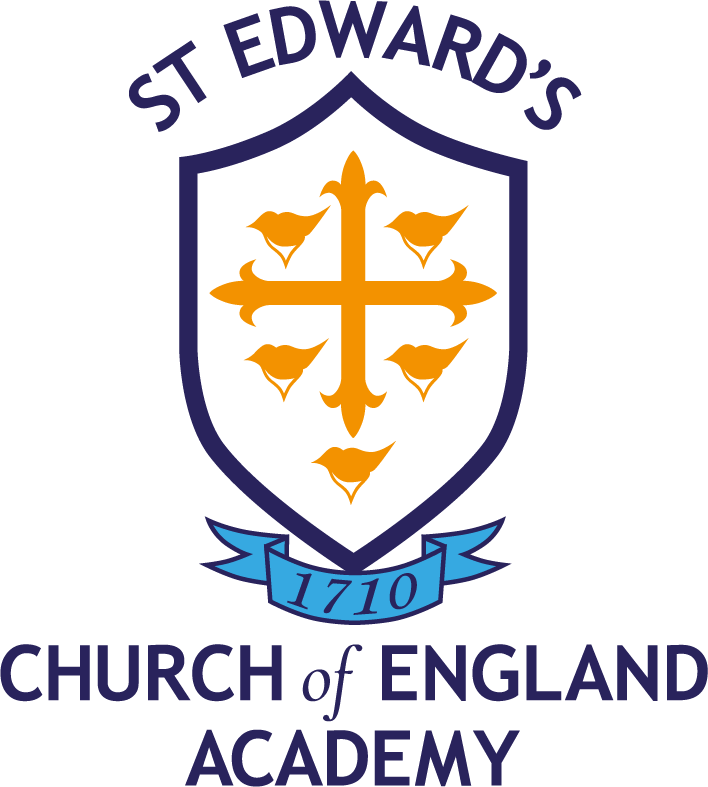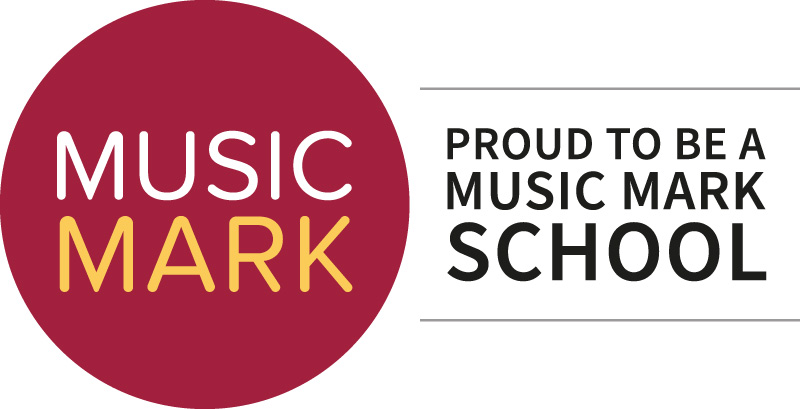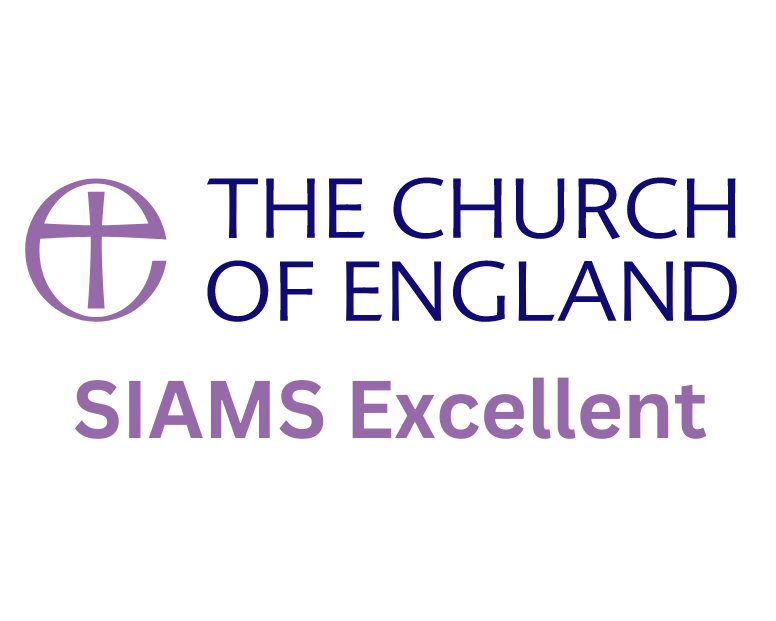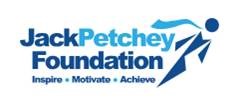ICT/Computing
What Will I Learn?
Key Stage 3
Year Seven
Autumn
Using Computers Safely Effectively and Responsibly
You will begin by looking at file management and security. You will learning key information e-safety (cyber-bullying, phishing etc.) and online profiles to give you a better understanding and awareness of using social media. The functionality and operation of email and search engines.
Scratch
Introduction to the Scratch programming environment, and by using exist code that were generate for games. You will progress to planning and developing your own game, learning to incorporate variables, procedures (using the Broadcast function), lists and operators. You game will create a fully working game with lives, scoring and some randomisation of objects
Spring
Introduction Spreadsheets
It is a practical, skills-based unit covering the principles of creating and formatting basic spreadsheets. You will develop knowledge of spreadsheets including cell references and the skills of applying simple formulae, formatting and graphs.
Understanding Computer Systems
In this unit, you will learn basic principles of computer architecture and use of binary. You will revise some of the theory on input and output covered in previous learning and continue to look at the Input-Process-Output sequence and the Fetch-Decode-Execute cycle. You will then look at some simple binary to decimal conversion and vice versa and binary addition.
Summer
Data Representation
You will learn how data is represented in computer systems. You will aware of how instructions are stored and executed within a computer system; understand how data of various types (including text, sounds and pictures) can be represented and manipulated digitally, in the form of binary digits.
Year Eight
Autumn
Computer crime and cyber security
You will understand a range of ways to use technology safely, respectfully, responsibly and securely, including protecting their online identity and privacy; recognise inappropriate content, contact and conduct and know how to report concerns
Scratch Project PacMan
During the Pacman project, you will go through the life-cycle of a programming project (design, development, testing, evaluation). You will revise some a variety of programming techniques covered in previous unit (7.2 Scratch) and design and develop a background screen using Scratch scripts. They will show work across the stages of the project (design, implementation, evaluation).
Spring
HTML and Website Development
You will learn the basics of HTML and CSS, and how to create a responsive design which adapts to any size of screen for viewing on, say, a mobile phone or a PC. You will learn how to create text styles and add content, including text and graphics, in a specified position on a page, as well as navigation links to other pages on their website and to external websites.
From Scratch to Python
It is an introduction to Python, you will understand the process of developing programs using a text-based language, the importance of writing correct syntax, being able to formulate algorithms for simple programs and debugging their programs.
You will utilise your programming knowledge from Scratch to help your understanding of a text-based language such as Python. Furthermore, previous skill of apply variables and with a variety of selection operators such as If and Repeat will be helpful.
Summer
Back to the Future
You will study the history of computing from the origins of the first computer, to the modern-day supercomputers. You will look at key figure from computing history and the impact they have on our world, from Alan Turing’s code breaking triumph during WWII to the innovative companies in Silicon Valley shaping the new digital. In each lesson, you will not only learn what this great scientist achieved, you will also ‘practice’ their science / innovations through class activities.
Year Nine
Autumn
Hardware and Software
In this unit, you learn the internal components of a computer system. This unit revisits your knowledge of the fetch decode and execute cycle. You will learn about the characteristics of RAM, ROM and virtual memory. In addition, gain knowledge of various types of permanent storage methods and respective size, advantages and disadvantages. The function and purpose of systems software and utility software.
Computing Logic
In this unit, you will learn about the purpose of, and how to use, logic operators (AND, OR, NOT and truth tables. Students will be able to construct truth tables for a given logic statement (AND, OR, NOT and produce logic statements for a given problem.
Spring
Developing Python
In this unit, you will build on your prior programming knowledge and skill gained from previous units. The first lesson has a series of tasks designed to revisit the basic skills already covered. You will move on to using for loops and compare their use with while loops, before moving on to arrays (lists), which are introduced as a new data structure and are used in conjunction with for loops. Procedures and functions with parameters are covered to help pupils understand the concept and benefits of modular programming.
HTML project using Dreamweaver with CSS & Networks
You will recap over HTML and CSS, and introduces Javascript. You will use existing codes to become accustomed to HTML & CSS, alongside the opportunity to extend their programming skills by extending/amending programs and creating ones from Scratch and Python. You will also learn the basic principles and architecture of local and wide area networks, how the World Wide Web is part of the Internet, and how web addresses are constructed and stored as IP addresses.
Summer
Databases
It is a practical unit covering the basic theory, creation and use of a single-table database and a simple relational database involving two tables in a one-to-many relationship. You will start by looking at an existing single-table database, learning how to add records and make queries.
Developing Spreadsheet
In this unit, you will revisit knowledge and skills gained from the spreadsheet unit in year 7. You will look at different types of models and then use basic spreadsheet techniques to create and format a simple financial model to calculate the expected income from viewers’ voting system. You will be introduced to ‘What If’ scenarios, IF and COUNTIF function, absolute referencing, conditional formatting, validation, charting and simple macros
Key Stage 4
Year Ten
Autumn
Fundamentals of algorithms
You will be learning basic concepts, using a systematic approach to problem solving and algorithm creation representing those algorithms using pseudo-code, program code and flowcharts.
Unit 2A and 2B: Programming
You will be able to demonstrate a theoretical understanding of programming as well as the practical side of programming, including being able to identify and use data structures and other programming concepts
Spring
Fundamentals of Data representation
You will gain an understanding of how data is stored, processed, and transmitted within Computer systems, including being able to convert between number bases and understand how images and sound are represented.
Computer systems
You will be able to define the terms hardware and software and understand the relationship between them. Alongside this, you will gain a deeper knowledge on other information relating to computer systems like Boolean logic and systems architecture.
Summer
Fundamentals of Computer Networks
You will gain an understanding of what computer networks are, this will also include learning about network topologies and various network protocols.
Year Eleven
Autumn
Cyber Security
You will learn about cyber security, including the processes, practices and technologies designed to protect networks, computers, programs and data from attack, damage or unauthorised access.
Relational databases and structured query language (SQL)
You will gain both a theoretical and practical understanding of relational databases and SQL, including learning basic SQL commands to retrieve data.
Spring
Ethical, legal and environmental impacts of digital technology
You will be able to explain the current ethical, legal and environmental impacts and risks of digital technology on society. Where data privacy issues arise, these should be considered.
Summer

Please read about our Curriculum Intent and the KS3 and KS4 Curriculum Journey which are both available in the attachments section on this page. If you require any further information please email businessICT@steds.org.uk.






